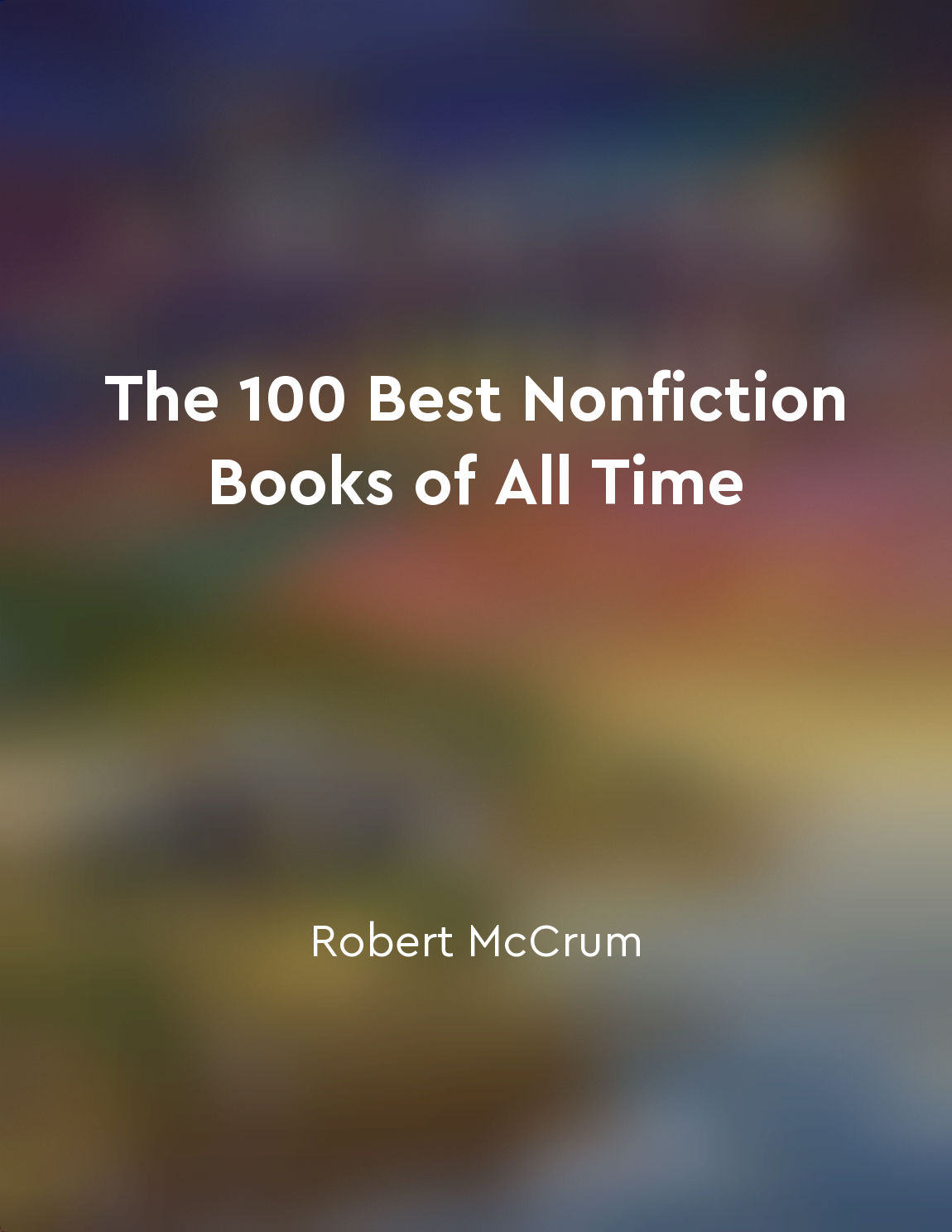the prince from "summary" of The 100 Best Nonfiction Books of All Time by Robert McCrum
Niccolò Machiavelli's classic treatise, "The Prince," is a timeless work that examines the art of ruling and the tactics of gaining and maintaining power. It is an essential read for those interested in government, leadership, and political science.- Niccolo Machiavelli's political treatise, The Prince, is credited for shining a light on the machinations of leadership and power. Written in 1513 as a reflection of his own experience in politics, the book remains relevant nearly 500 years later to anyone with an interest in governance or human nature.
- Despite having written The Prince too late to rescue his career in diplomacy after being dismissed from service, Machiavelli's book has gained him a degree of fame many long-serving leaders have yet to achieve – even though it posed a clear threat to those in control at the time.
- Over the last five centuries, countless books and essays have been dedicated to examining, critiquing, dissecting and applying the theories outlined in The Prince, indicating its standing as one of the great works of classical literature.
- Notable figures from history such as Lenin, Bonaparte, Hitler and Shakespeare are among the great thinkers influenced by Machiavelli, demonstrative of his skills as a storyteller and page-turner; showing that timeless ideas can be wrapped in exciting writing.
- Even if Machiavelli’s advice encourages immoral behavior, The Prince should be read not just for pleasure but also to contemplate the morality of the decisions we make today - ensuring a society where success does not come at the expense of injustice.


